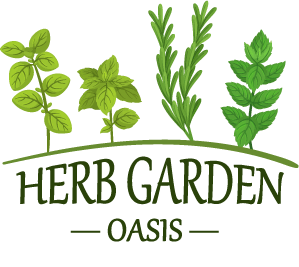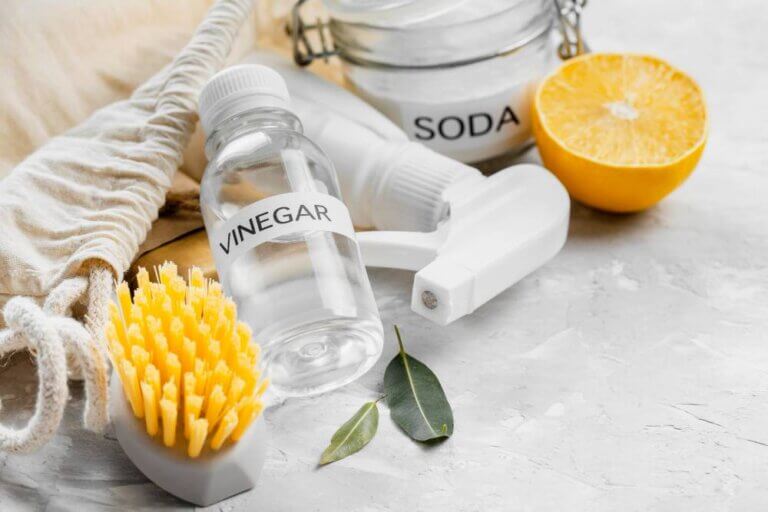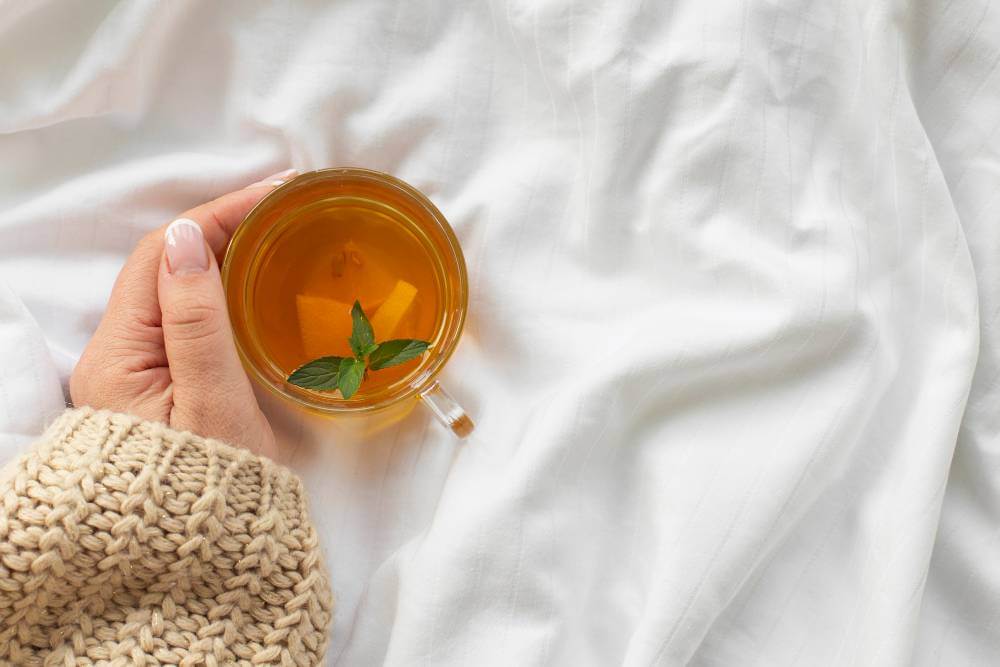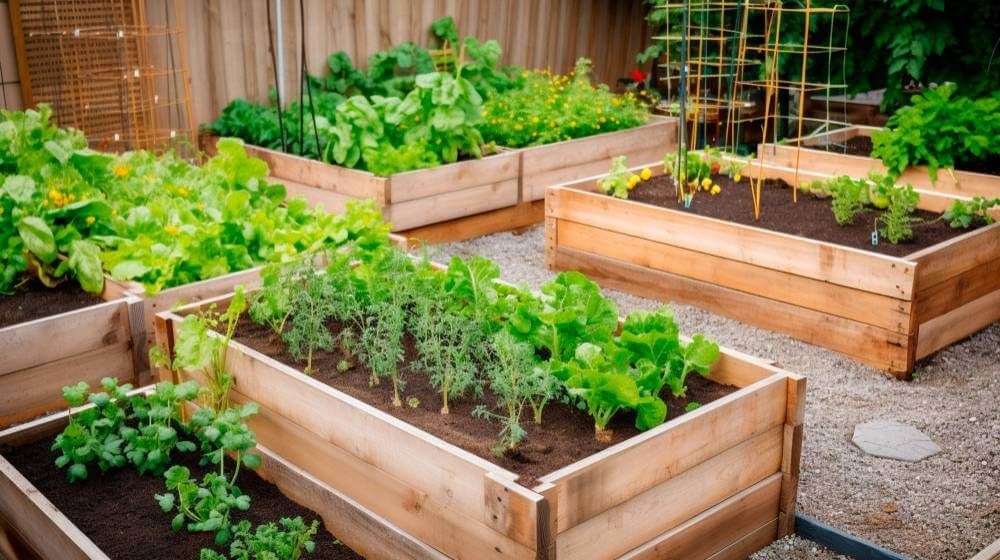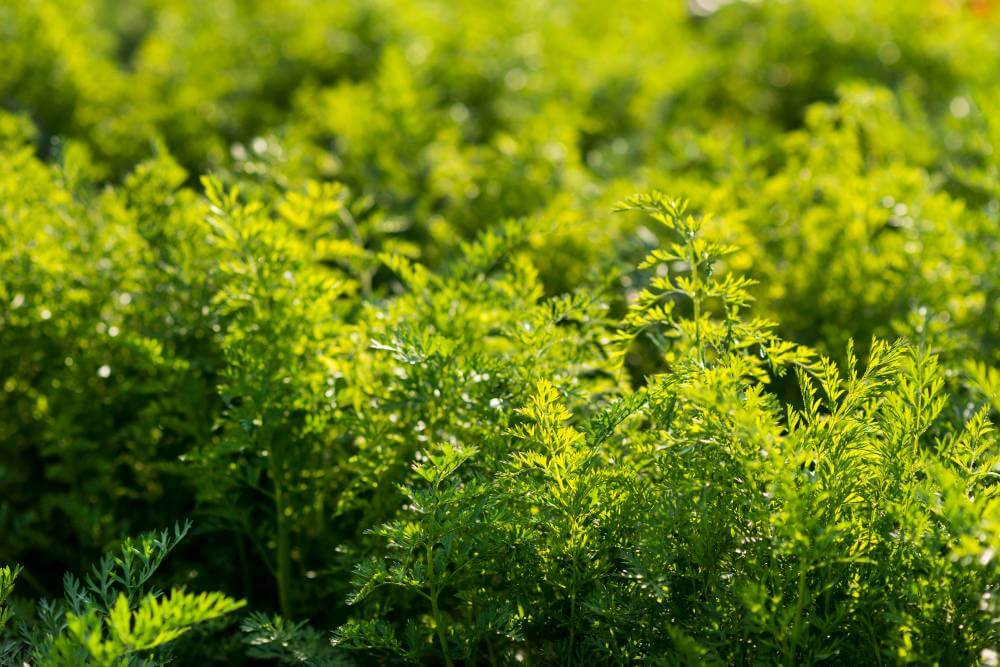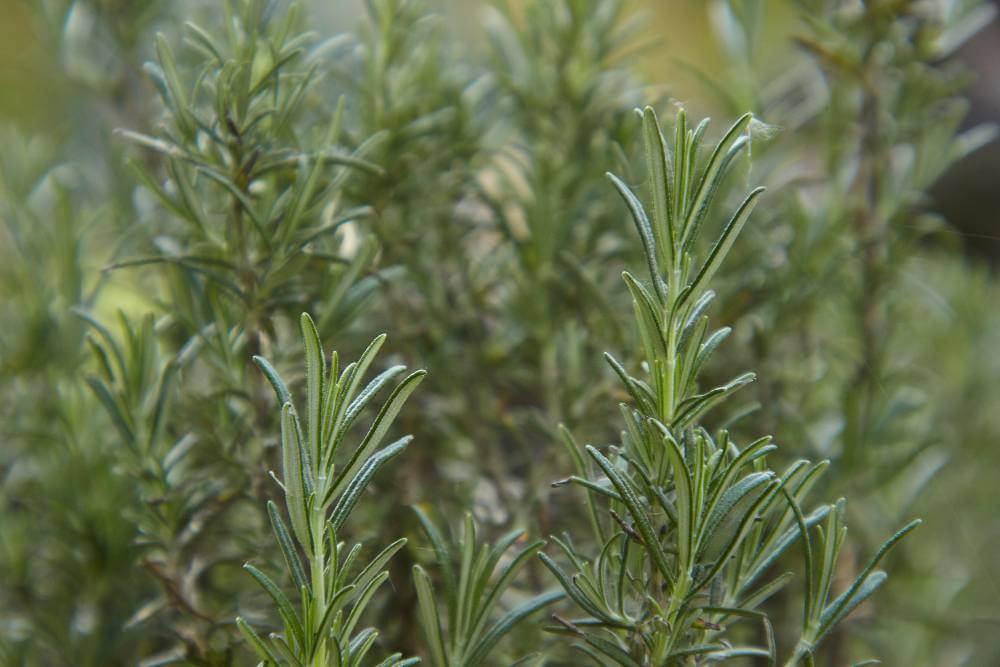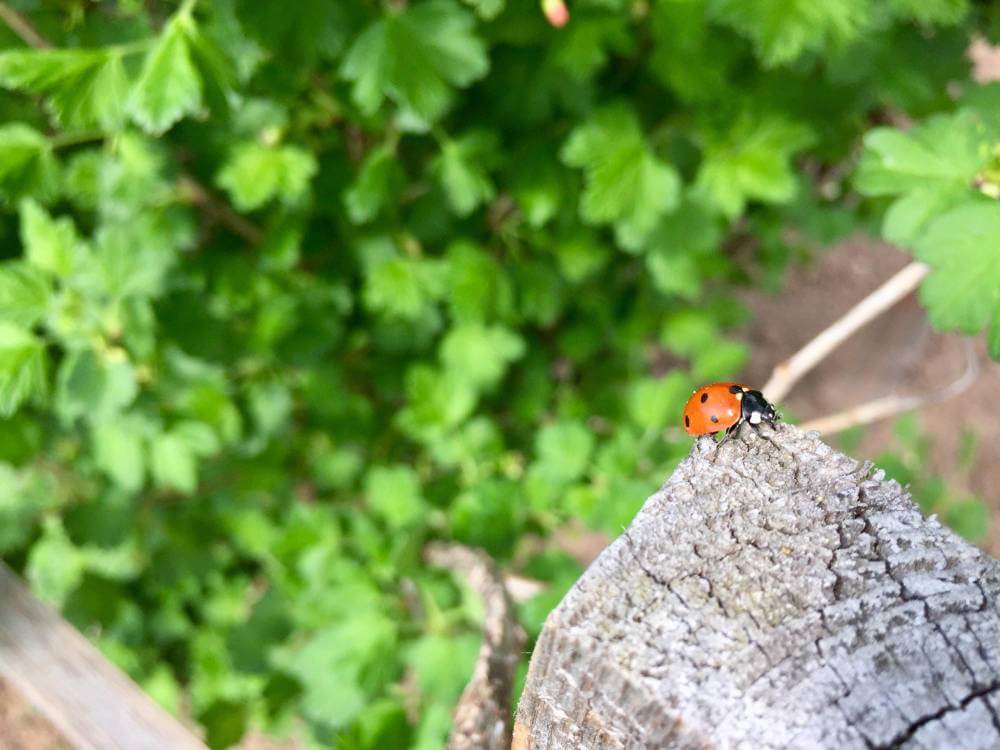Hey there, eco-warriors and herb enthusiasts! Ever wondered if those lovely green herbs doing the salsa in your garden breeze could help you ditch the chemical dance happening under your kitchen sink? Well, buckle up because we’re about to turn your garden into a natural cleaning powerhouse. Yes, you heard right! Today, we’re diving into how you can use simple garden herbs to whip up your own safe, effective, and heavenly-scented cleaning products. Let’s get into the gritty (and then make it pretty) world of herbal cleaning!
Why Go Herbal with Your Cleaning?
Before we unleash the power of herbs, let’s chat about why you’d even want to swap those store-bought cleaners for something greener. Commercial cleaning products are often loaded with harsh chemicals that can be tough on your skin, not to mention your lungs. Plus, they’re not always the best for our planet. On the flip side, herbs offer a natural, biodegradable, and gentle alternative that can refresh, cleanse, and even disinfect your home – nature’s way!
The Best Herbs for Natural Cleaning
Lavender: The Scent-sational Disinfectant
Lavender – beloved for its calming scent but did you know it’s also a germ warrior? Lavender has natural antibacterial and antiviral properties, making it a fantastic addition to any DIY cleaning product.
How to Use: Infuse vinegar with lavender flowers for a couple of weeks, strain it, and mix it with water in a spray bottle for an all-purpose cleaner. This solution can clean surfaces, deodorize, and yes, bring some zen into your cleaning routine.
Lemon Balm: The Grease Fighter
Lemon balm, with its lovely lemon scent, isn’t just for tea; it’s great for cutting through grease and leaving a fresh scent behind.
How to Use: Boil lemon balm leaves in water, strain the liquid and mix it with a little dish soap to create a natural degreaser for your kitchen messes. Bonus: It’s especially good for removing residue from sticky jars.
Rosemary: The Mold Buster
Rosemary isn’t just great for roasting potatoes; its strong pine-like aroma also helps prevent mold and mildew.
How to Use: Simmer rosemary in water and use this infusion to scrub down your bathroom tiles or kitchen sink. It’s natural, effective, and leaves a lasting fresh scent.
Peppermint: The Pest Repellent
Peppermint does more than freshen your breath; it can also deter pests like ants and mice with its strong scent.
How to Use: Mix peppermint oil with water and a little white vinegar, and spray around entry points and in corners to keep unwelcome critters at bay.
Thyme: The Serious Disinfectant
Thyme is one of nature’s heavy hitters against bacteria and viruses, making it a must-have for your DIY cleaning arsenal.
How to Use: Steep thyme in boiling water, strain it, and add to a spray bottle with vinegar. Use this mixture to disinfect areas like your kitchen counters and bathroom fixtures.
Crafting Your Herbal Cleaning Arsenal
Now that you know which herbs to use, creating a full spectrum of cleaning products is easy. Start with the basics – a general surface cleaner, a scrub for tough spots, and a pleasant room spray.
General Surface Cleaner: Mix equal parts of lavender and lemon balm-infused water with vinegar. Adjust the scent by adding more of one herb than another, depending on your preference.
Scrub for Tough Spots: Combine thyme water with baking soda to form a paste. This works wonders on grimy ovens and scuffed floors.
Room Spray: Mix peppermint water with a few drops of essential oil and spray to freshen up rooms, linens, and upholstery.
Cultivating Your Cleaning Herb Garden
Growing your own herbs isn’t just rewarding; it’s also surprisingly straightforward. However, to ensure that these plants thrive and provide you with the best yield for your household cleaning needs, there are a few gardening tips and characteristics to keep in mind. Each herb has its unique requirements, but fortunately, many of the herbs mentioned share similar growing conditions:
- Sunlight: Most herbs, such as lavender, rosemary, and thyme, thrive in full sun. They require about 6-8 hours of direct sunlight daily to develop the strong oils that are so useful in cleaning products. Lemon balm and peppermint can tolerate partial shade, which can be beneficial during the hottest parts of the summer.
- Soil: Well-draining soil is crucial for these herbs, especially for lavender and rosemary, which are susceptible to root rot in overly moist conditions. Incorporating organic matter or sand can improve drainage and provide a nutrient-rich environment.
- Watering: While herbs like rosemary and thyme are drought-tolerant once established, peppermint and lemon balm prefer consistently moist soil. It’s essential to strike a balance – water your herbs when the top inch of soil feels dry, but avoid overwatering. Using a mulch can help retain moisture in areas that dry out quickly.
- Spacing and Pruning: Proper spacing is vital to ensure that your herbs have enough room to grow and receive adequate air circulation, which helps prevent disease. Regular pruning not only encourages bushier growth but also stimulates the production of essential oils, enhancing the potency of your herbs for cleaning purposes.
By understanding and catering to the specific needs of your chosen herbs, you can create a lush, productive garden that serves as a continual source of fresh ingredients for your eco-friendly cleaning products. With these tips in mind, your herb garden will not only be a source of beauty and fragrance but a practical, green solution for a clean and refreshing home environment.
Growing for Potency
To maximize the effectiveness of your herbs in cleaning products, harvesting at the right time is key. For most herbs, this means just before they bloom, when their oil concentrations are at their peak. Early morning is the best time to harvest after the dew has evaporated but before the sun is too high. This practice ensures you capture the best natural compounds for your homemade cleaners.
Wrap-Up: Embrace the Clean Green
Making the switch to herbal cleaning products isn’t just a fun project; it’s a meaningful step towards a healthier lifestyle and a cleaner environment. So, the next time you’re pruning your garden or wondering what to do with those extra sprigs of rosemary, remember they might just be your next best cleaning buddy.
Stay tuned for more tips and tricks on living green, and remember, every little step towards eco-friendly living is a step towards a healthier planet.
Happy gardening, and even happier cleaning!
